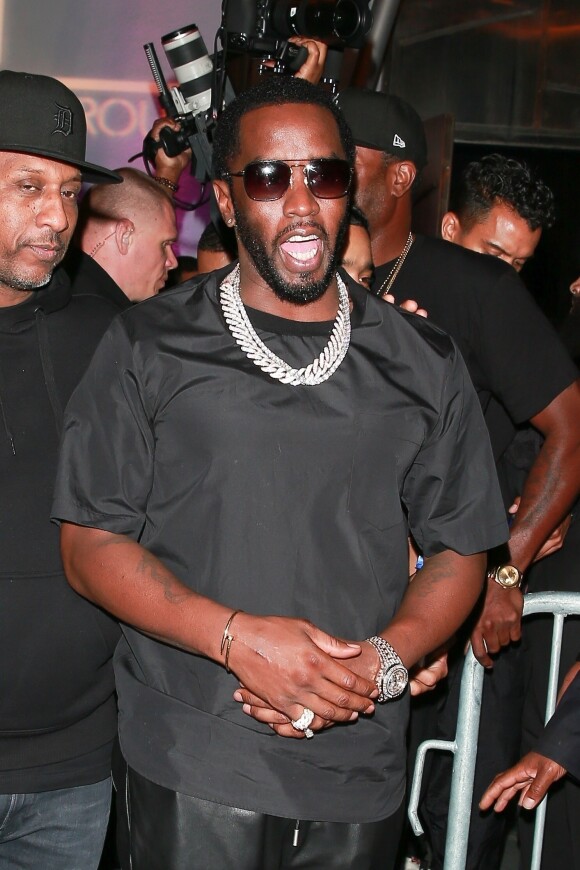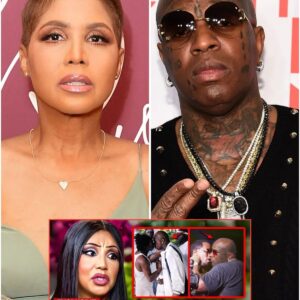Ice Cube: The Unseen Forces in the Music Industry and His Fight Against the Gatekeepers

Ice Cube, a prominent figure in the hip-hop industry, has consistently stood out not only for his musical talent but also for his bold stance against the forces that manipulate the industry. His recent revelations and interviews highlight the intricate and often dark relationships within the music industry, shedding light on the unseen forces that shape it.
One of the most significant claims Ice Cube has made is the involvement of powerful entities in controlling and steering the music industry towards specific narratives. He asserts that the same people who own music labels also have stakes in private prisons. This connection, he argues, is part of a broader agenda to push certain types of music that glorify crime and violence, indirectly funneling young people into the prison system. He points out that while artists are not forced to write specific lyrics, there are “guard rails” in place to ensure that certain messages prevail over others. This kind of social engineering, according to Ice Cube, aims to keep the prison industry thriving.

In a broader context, Ice Cube also touches on the concept of gatekeepers in the industry. These are influential figures and organizations that control what gets promoted and what doesn’t. Ice Cube’s criticism of these gatekeepers is not new. He has previously called out major industry players, including Diddy, whom he referred to as a “ringmaster” of predators and deviants in the industry. This metaphor underscores his belief that there are orchestrated efforts to control and exploit artists for profit.
The reopening of Tupac Shakur’s case brought more attention to these issues, with Ice Cube suggesting that the full truth about Tupac’s death has not been revealed. There are speculations that Diddy might have had some involvement, although these remain unproven. Nevertheless, Ice Cube’s willingness to speak out on these matters highlights his commitment to uncovering the truth and challenging the status quo.

Moreover, Ice Cube’s criticism extends to the broader social and political landscape. He has been vocal about the detrimental impact of terms like “super predators,” used by politicians like Hillary Clinton in the 1990s to justify tough-on-crime policies. These terms, he argues, dehumanize and criminalize young black men, further perpetuating a cycle of violence and incarceration.
In addition to his criticism of the music industry and political figures, Ice Cube has taken a stand against the mainstream media and corporate influence. His refusal to get the COVID-19 vaccine, which he believes was pushed by governmental and corporate interests, cost him a $9 million movie deal. This decision reflects his broader skepticism of authority and his commitment to personal principles over financial gain.

Ice Cube’s resistance to these pressures has made him a controversial figure, but also a respected one among those who value independence and integrity. He has announced plans to go on a podcast tour to share his views and reach a broader audience, bypassing traditional media channels that he believes are complicit in maintaining the current power structures.
In conclusion, Ice Cube’s recent statements and actions underscore a deep-seated resistance to the manipulation and exploitation prevalent in the music industry and beyond. His fight against the gatekeepers is a call for greater transparency, accountability, and justice in an industry that often prioritizes profit over people. As he continues to speak out, he remains a powerful voice for change, challenging the forces that seek to control and exploit.
News
Whoopi Goldberg Ejected from “The View” After Defending Megan Rapinoe
In a dramatic and unexpected development, Whoopi Goldberg, a co-host of “The View,” was abruptly removed from the show after vocally supporting Megan Rapinoe during a heated discussion. Goldberg, renowned for her candid and forthright commentary, passionately defended Rapinoe amid…
Riley Gaines Awarded “Woman of the Year” Over Megan Rapinoe
Riley Gaines Awarded “Woman of the Year”: A Controversial Decision In a surprising turn of events, Riley Gaines, a distinguished collegiate swimmer, has been awarded the prestigious “Woman of the Year” title, surpassing the well-known soccer star Megan Rapinoe. This…
WNBA Opens Investigation: Star Caitlin Clark Was “Played Unfairly”?
WNBA Opens Investigation: Star Caitlin Clark Was “Played Unfairly”? In a surprising and significant move, the Women’s National Basketball Association (WNBA) has announced an official investigation into claims that star player Caitlin Clark was “played unfairly” in recent games. This…
Surprise! NCAA strips Lia Thomas of her medal and gives it to Riley Gaines?
In a groundbreaking and decisive move, the National Collegiate Athletic Association (NCAA) announced the complete transfer of all medals awarded to Lia Thomas to fellow swimmer Riley Gaines. This unprecedented decision marks a significant shift in the ongoing discourse surrounding…
Toni Braxton EXPOSES Why She Could Never Marry Birdman
Toni Braxton Calls it Quits: Birdman’s Alleged Secret Life Leads to Breakup Toni Braxton fans were shocked earlier this year when news broke of her split from rapper Birdman. While rumors of a fairytale wedding had swirled for years, Braxton…
Diddy Is FINISHED After SHOCKING Videos Expose Him With Justin Bieber and Jaden Smith
Diddy Hit With Shocking Allegations: Mentor or Manipulator? Sean Combs, better known as Diddy, is no stranger to controversy. However, recent rumors swirling around his past mentorship of Justin Bieber and Jaden Smith have taken things to a new level….
End of content
No more pages to load











